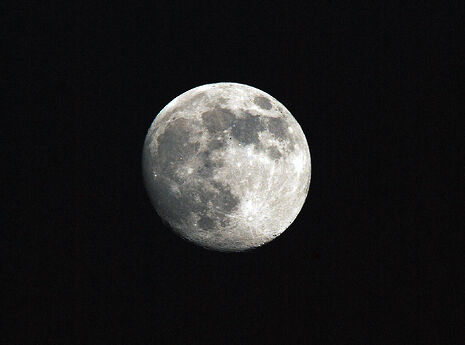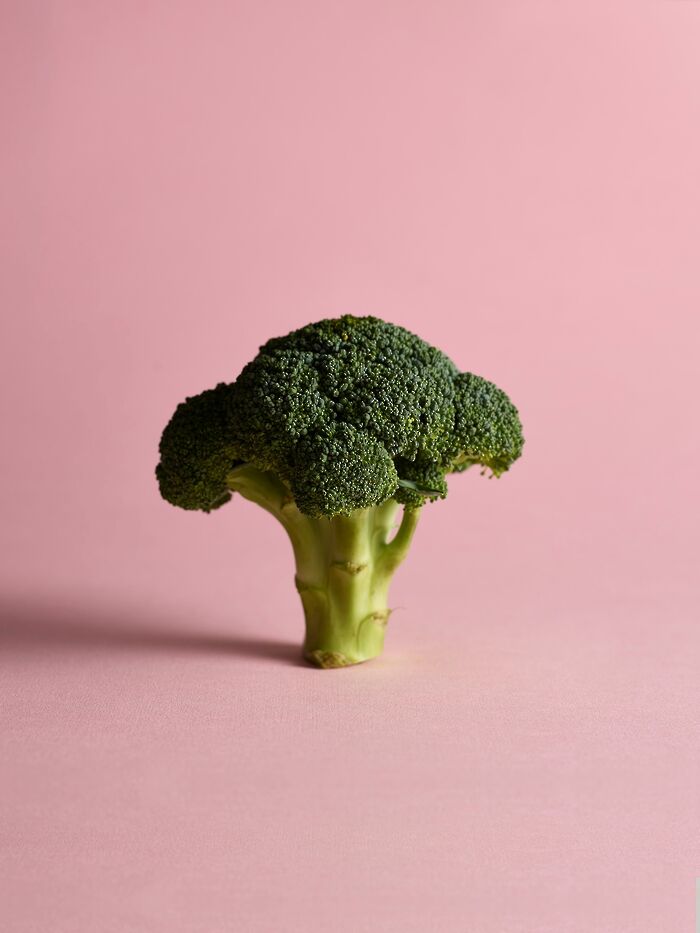Feeling full is one of life’s great pleasures. We should celebrate it
We should embrace natural fullness over the constant pressure to streamline, writes Coco Whittaker

Over the last couple of weeks, I have been thinking about what it means to feel ‘full’, especially after witnessing the supermoon earlier this month. The moon – historically seen as a symbol of womanhood: of cycles and of bodily changes – represents, for me, fullness in every capacity. This led me to think about how lovely it is to nurture a food baby – to go to bed feeling full and sleepy after having eaten a big bowl of cheesy pasta.
“The word ‘full’ is a lovely one”
It’s strange that it has taken me so long to feel comfortable with the idea of having a full belly. Then again, it comes as no surprise considering that our dominant food culture wants to eliminate such things as fullness, bloating and gas. When you type into Google ‘fullness from eating’, for example, links titled ‘How to Reduce Fullness – LIVESTRONG’, and similar websites claiming to provide ways to trick your stomach into feeling full from eating very little, or from consuming great quantities of things that are of no substance – by drinking diet coke, or snacking on sweetened popcorn, for instance.
Many of these dietary sites incorrectly (and irresponsibly) link gluten consumption (by healthy people) with feeling bloated. Fullness, it would seem, is associated with over-eating – and, by implication, with shame, guilt and failure. In reality, feeling full – as Ruby Tandoh writes – ‘is what it is to be human.’ Our bodies, she tweets, ‘are unbelievably disgusting and complex,’ and ‘we can’t streamline our experience to cut out all those v. human feelings along the way.’ Fullness is a symptom only of having satisfied your hunger and of the pleasure afforded by doing so.
“It felt right writing this article in January at the beginning of a new year”
The word ‘full’ is a lovely one. It is linked to the idea of feeling ‘fulfilled’, satisfied, complete. The word is connected to the Latin verb ‘impleo’ meaning ‘I fill up, take up’. Feeling full is about being aware of your body and of your presence – it is essentially about occupying space and not retiring from it. In this way, embracing my full belly has been for me not just a small, personal struggle, but one that may feel familiar to other women. There’s a great line from Alexander Pope describing outraged eighteenth-century women whose “fans clap, silks rustle, and tough whalebones crack” as they erupt from their corsets. I feel a little bit like this – although less dramatic and in no way rebellious – when I change out of my trousers and into leggings or pyjamas after eating a big meal. It is a relief and a huge comfort to feel content with the roundness of your tummy, full of the delicious food you made for yourself (or someone who loves you made for you).
It felt right writing this article in January at the beginning of a new year. Eating ‘well’ – that is, eating what you want when you want it, be it a salad, a stir-fry, or cheesy chips from the Van of Life – and feeling full is not something confined to the winter months. It is a responsibility to yourself – a lifelong commitment to self-care.
Feeling full is great – it is rubbing-your-belly-after-a-meal-like-Beyoncé-in-her Countdown-video great. It is a feeling I would like to share with more women, in the continuing struggle to inhabit the world as eating, loving, living bodies above all else
 Comment / Plastic pubs: the problem with Cambridge alehouses 5 January 2026
Comment / Plastic pubs: the problem with Cambridge alehouses 5 January 2026 News / Cambridge businesses concerned infrastructure delays will hurt growth5 January 2026
News / Cambridge businesses concerned infrastructure delays will hurt growth5 January 2026 News / New movement ‘Cambridge is Chopped’ launched to fight against hate crime7 January 2026
News / New movement ‘Cambridge is Chopped’ launched to fight against hate crime7 January 2026 News / AstraZeneca sues for £32 million over faulty construction at Cambridge Campus31 December 2025
News / AstraZeneca sues for £32 million over faulty construction at Cambridge Campus31 December 2025 Interviews / You don’t need to peak at Cambridge, says Robin Harding31 December 2025
Interviews / You don’t need to peak at Cambridge, says Robin Harding31 December 2025










